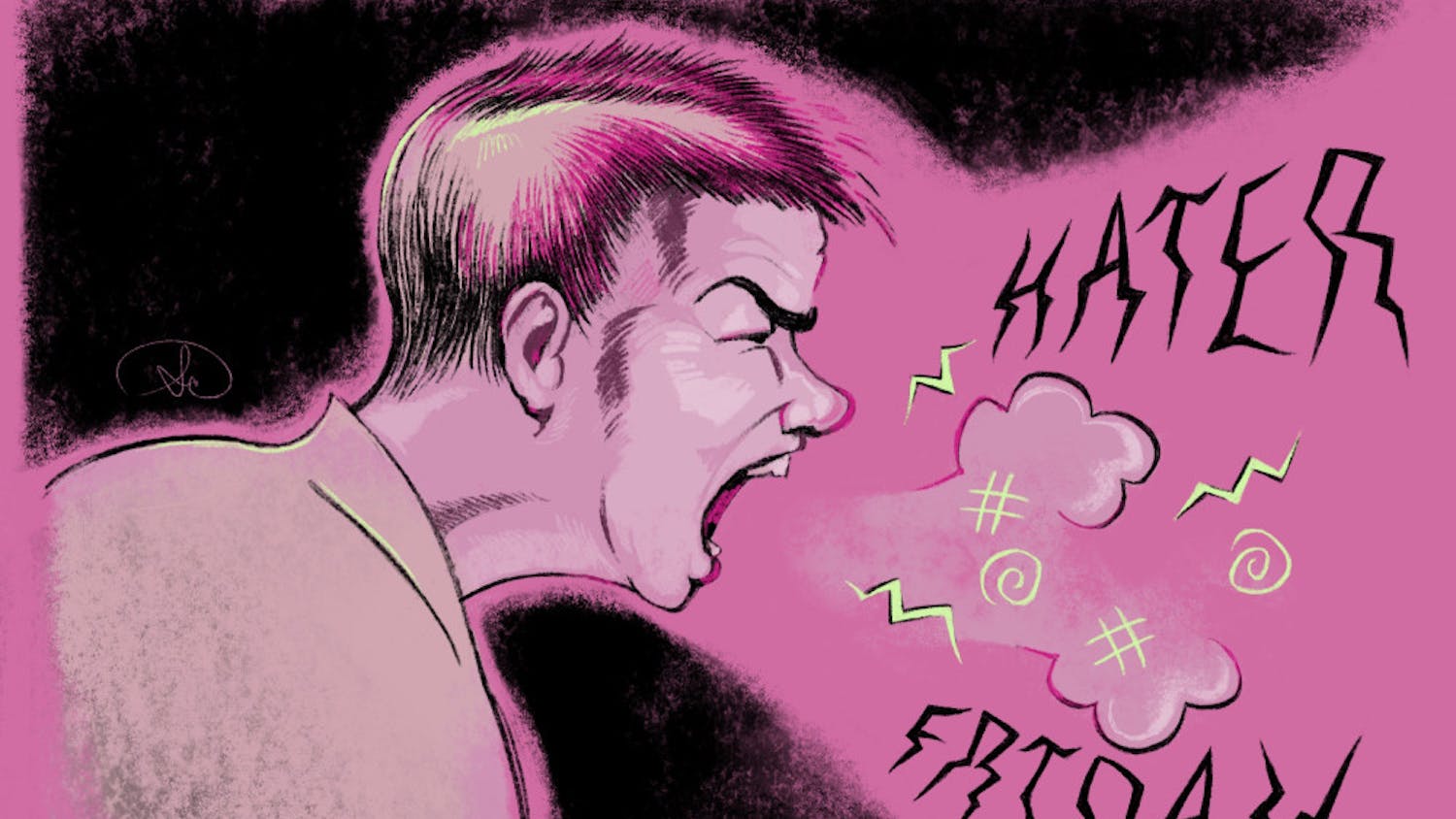I have noticed a curious pattern in my media consumption recently. Except for a recently released season of a TV show, I have been re-watching movies and clips of TV shows I adore, a habit I engage in when I need to kill some time. Though this is nothing especially unusual for me, I see a common theme in what I’ve been watching this week: familial bonds. Though these movies and TV shows may be about something else, family comes up as a central focus in these character’s lives, informing the internal conflicts and joys these characters experience. The family may be one of our most cinematic concerns, and we can’t help but remain attached to this theme in the kind of media we watch.
- “Tony and Junior Soprano (Love and War) - The Sopranos Compilation”
As an enjoyer of The Sopranos clips on Youtube, finding a 1-hour video by Ceerious on the Junior/Tony relationship was a particularly nice treat. Uncle Junior may be one of my favorite characters in a show filled with memorable characters. The unruly uncle of reputed New Jersey mob boss Tony Soprano, saying they have a complicated relationship would be a bit of an understatement. They oscillate from having a genuinely close relationship to wanting to kill one another, with Uncle Junior trying multiple times to have Tony killed while also mentoring him through the murky waters of being a Mafia boss. Many of Uncle Junior’s problems stem from his inability to be respected within the mob, with Tony’s friend Hesh Rabkin describing him as a man “driven in toto by his insecurities.” This leads to this constant tension with his more successful nephew, angry Tony, by always harping on how he “never had the makings of a varsity athlete.”
In watching the trajectory of Tony and Junior’s relationship, I realized how tragic it all was. Despite the kind of lives these two led and the things they did to one another, Junior loved Tony like a son, but could never show it due to this insecurity he felt as part of the Mafia. In the final scene with these two, when Junior becomes a shell of his former self as a result of dementia, the only memory he can recall of Tony Soprano is him playing catch together. This recalls a much earlier scene in Season 1, when Tony says to his children that if you're lucky, “you’ll remember the little moments… that were good.” Despite all the horrible things these two did to each other, Junior still cannot help but think of Tony as his little nephew playing catch and watching Yankee games.
- Invincible Season 3: Weakest Season, but Still Great
I finally caught up with all the episodes from Invincible season 3, and I am somewhat confident that while it was great, this was the weakest season of the show. It features some of the best character development and fights of the whole series, with further development on Mark’s relationship with his younger brother Oliver and Eve becoming part of Mark’s family. Yet I had the sense that there wasn’t a cohesive narrative throughline like there was in the previous seasons.
Season 1 was built all around the mystery of Omni-man and his relationship with Mark, and season 2 was focused on Mark trying not to be his father and the threat of Angstrom Levy. All these seasons had a central thematic and narrative concern, with the entire season building up to its resolution. Yet I don’t really know what the narrative throughline for season 3 is. There are at least four main plot threads that the show follows throughout the season: Mark’s deteriorating relationship with Cecil, Mark’s relationship with Oliver and Eve, the Invincible War and the final battle with Conquest. While each of these plot threads had some outstanding moments, I think the lack of cohesion may have taken away some of the impact behind the deaths and destruction scenes, as they become another thing that Mark has to deal with. Do not get me wrong, this is still a great season of TV, and I would highly recommend anyone check it out if not only to see Conquest fight for the first time.
- The Irishman’s Real Story
To a certain extent, Martin Scorcese’s The Irishman is a family tragedy masquerading as a mob film. In this aspect, Peggy Sheeran, the daughter of mob enforcer and protagonist Frank Sheeran, is the most important character of the film. It is through her that we see Frank Sheeran descend into this world of violence and corruption, turning into a terrifying figure to the family. Though she doesn’t speak much, she sees through Frank Sheeran’s veneer as a respectable working man. She sees him leave the house at 4 o’clock in the morning, and she knows that he is lying when he tells her that he is just “going to work.” And she knows that it is Frank Sheeran who killed Jimmy Hoffa, a man she had come to adore as a family friend. It is at the end of the film when Frank is an old man filled with regret, with Peggy refusing to speak with him at all, that the film truly reveals itself. Though we spend most of the film with Frank as he tries to justify his actions, it is Peggy and her silence that is the film’s moral center.
For much of the media we consume, family is quite central to the human experience for better or for worse. Maybe Vin Diesel was right after all when he said in Fast and Furious 7 that “Everyone’s looking for the thrill, but what’s real is family.”
Basil Bob is a sophomore in the College of Arts and Sciences. He can be reached at bob27@cornell.edu
"Are You Still Watching?” is a column spotlighting what the Cornell community has been streaming. It runs every Wednesday.











